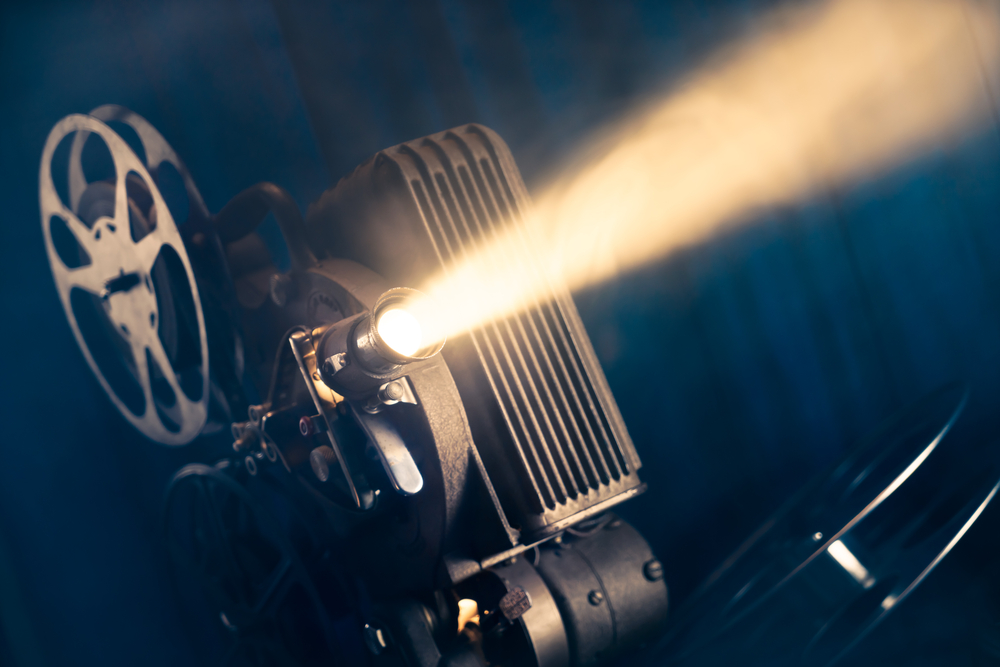Key Insights
- Scarlett Johansson’s conflict with OpenAI has renewed Hollywood’s fears about AI’s impact on creative rights and personal likeness.
- Hollywood executives criticize OpenAI’s alleged imitation of Johansson’s voice and question the ethical use of AI in the industry.
- Legal experts weigh in on Johansson’s case, drawing parallels to historic precedents protecting performers’ rights against unauthorized AI usage.
Scarlett Johansson’s recent confrontation with OpenAI has reignited concerns within Hollywood about the potential threats posed by artificial intelligence to the creative industry. Johansson alleges that OpenAI used a voice closely resembling hers from the film “Her” without proper authorization, fueling a backlash against the AI company.
The controversy began when Johansson accused OpenAI of using a voice that closely mimicked her performance in the Spike Jonze-directed film “Her” for their text-to-video tool, Sora. This accusation has resonated deeply within the entertainment industry. An industry executive noted that this issue “puts a human face on it,” emphasizing the personal nature of the dispute and its potential to influence perceptions of AI in Hollywood.
Some studio executives have expressed strong disapproval of OpenAI’s actions, describing them as “hubris.” The dispute has cast a shadow over ongoing discussions between Hollywood studios and OpenAI regarding potential partnerships. These discussions had previously focused on exploring how AI technology could be integrated into the creative process to enhance digital effects and streamline production workflows.
OpenAI’s Response and Hollywood’s Concerns
In response to the allegations, OpenAI CEO Sam Altman clarified that the voice in question was not Johansson’s and that the voice actor was cast before any outreach to the actress. Despite this, the controversy has raised broader concerns about AI’s use of copyrighted materials and likenesses without explicit consent.
Hollywood agents and executives have expressed unease about OpenAI’s training models, which appear to utilize publicly available copyrighted works. OpenAI argues that this practice falls under fair use, but filmmakers and directors who are cautious about using tools developed from their work without permission see it as a potential obstacle.
Legal Perspectives on the Dispute
The conflict has opened a new chapter in the ongoing battle between the entertainment industry and AI developers. Legal experts suggest that Johansson could argue that OpenAI violated her right to publicity, which protects the commercial use of an individual’s name, image, or likeness. Historical precedents, such as Bette Midler’s successful lawsuit against Ford and Tom Waits’ victory against Frito-Lay, could support Johansson’s case.
Mark Lemley, director of the Stanford Program in Law, Science, and Technology, noted that while Johansson’s case is not as straightforward as earlier cases, the combination of the voice imitation and Altman’s efforts to hire Johansson might strengthen her position.
Broader Implications for AI and the Entertainment Industry
The Johansson-OpenAI dispute has amplified the dialogue around the use of AI in the entertainment industry. Jeffrey Bennett, general counsel for the SAG-AFTRA performers union, has advocated for stronger federal protections for voice and likeness, similar to existing copyright laws. The union has been vocal about the need to address the proliferation of “deep fakes” and other AI-generated content that could impact performers’ rights.
While some technologists in the entertainment industry view AI tools like Sora as valuable for accelerating digital effects and enhancing production capabilities, the ongoing conflict highlights the need for clear guidelines and ethical standards. The resolution of Johansson’s case could set a precedent for how AI technologies are developed and used in creative fields, balancing innovation with respect for individual rights and creative contributions.
Despite the controversy, some in Hollywood see potential in AI technologies. For example, Fox has already integrated OpenAI’s ChatGPT into its Tubi streaming service to recommend new TV shows and movies to viewers. This suggests that, while there are significant concerns, the entertainment industry is also exploring ways to harness AI’s capabilities responsibly.
However, the challenge remains to ensure that these technologies are used ethically and that the rights of content creators are protected. The outcome of Johansson’s dispute with OpenAI will likely influence future collaborations between Hollywood and tech companies, shaping the landscape of AI integration in the creative sector.
